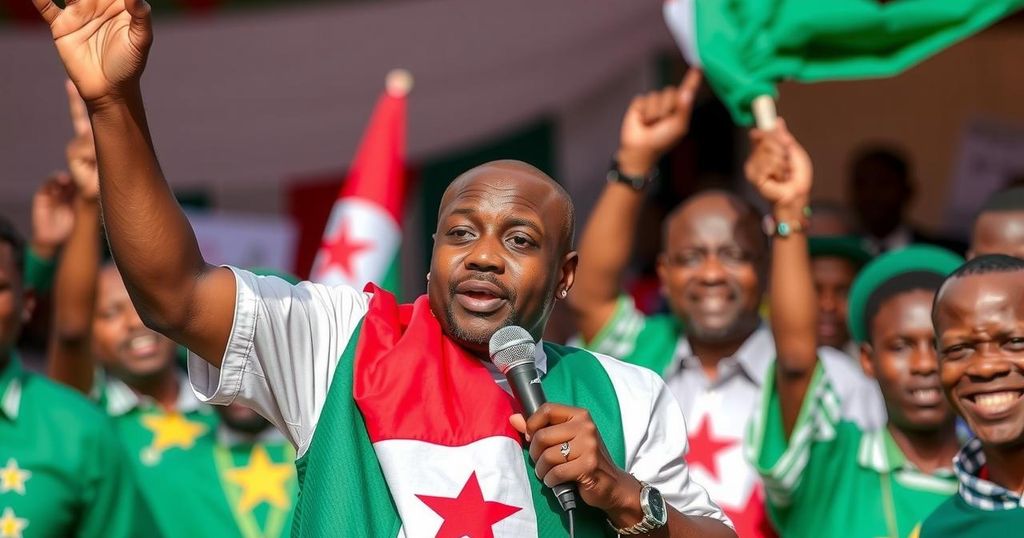Chad’s Ruling Party Secures Majority in Boycotted Parliamentary Elections

Chad’s ruling Patriotic Salvation Movement won 124 of 188 seats in parliamentary elections boycotted by major opposition parties. This vote, alongside regional elections, marked the first in over a decade and is seen as a consolidation of President Mahamat Idriss Deby’s power. Despite a 51.5% voter turnout, the boycott has raised questions regarding the credibility of the electoral process amidst ongoing security challenges in the country.
Chad’s ruling political faction, the Patriotic Salvation Movement (PSM), has emerged victorious in the recent parliamentary elections, according to provisional results announced by the electoral commission. The PSM secured 124 out of 188 available seats amid a voter turnout of approximately 51.5%. This election marked the first parliamentary vote in over a decade and took place under the shadow of a boycott from major opposition parties, which described the electoral process as a mere “charade.”
The parliamentary elections, held alongside regional and municipal votes, are a significant step in Chad’s transition to a more democratic governance following the military assumption of power by Mahamat Idriss Deby in 2021. This transition followed the death of his father, the longstanding President Idriss Deby Itno, who governed for thirty years. Mahamat Deby stated that the election represents a pivotal move towards decentralization, aiming to distribute power among various provincial and municipal authorities.
The main opposition parties, led by the prominent Transformers party and its candidate, Succes Masra, who had previously secured second place in the presidential elections, collectively abstained from participating in the parliamentary elections. Their absence was rooted in concerns regarding the integrity of the electoral process, following accusations of the presidential vote lacking credibility by independent observers.
In addition to the internal political dynamics, Chad is confronted with significant security challenges posed by Boko Haram insurgencies in the Lake Chad area and a deterioration of longstanding military relations with France, a crucial ally. The implications of these election results and the boycott by opposition parties underscore a complicated political landscape as Chad endeavors to stabilize and democratize its governance structure.
Chad has experienced considerable political upheaval since Mahamat Idriss Deby took power as a military leader following the death of his father, Idriss Deby Itno, in 2021. The recent parliamentary elections are critical as they follow a decade-long hiatus, with Mahamat Deby framing these elections as a move toward decentralization and democracy. However, the boycott by significant opposition parties raises questions about the legitimacy of the electoral process and the future of governance in Chad.
The successful acquisition of the parliamentary majority by Chad’s ruling party amidst a boycott from opposition factions illustrates the challenging political landscape in the nation. As Chad navigates both internal and external pressures, the implications of these elections may shape its trajectory toward stabilization and democratization. The lack of participation by the main opposition raises concerns regarding electoral legitimacy and the potential for political dissent moving forward.
Original Source: www.mymotherlode.com








